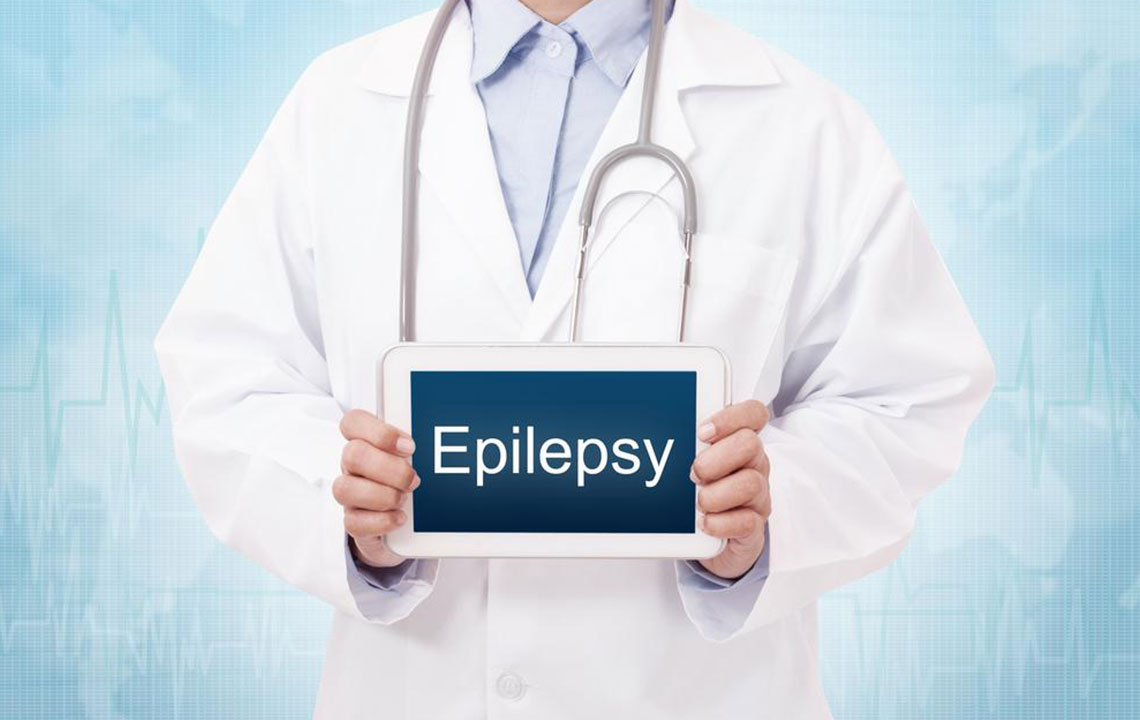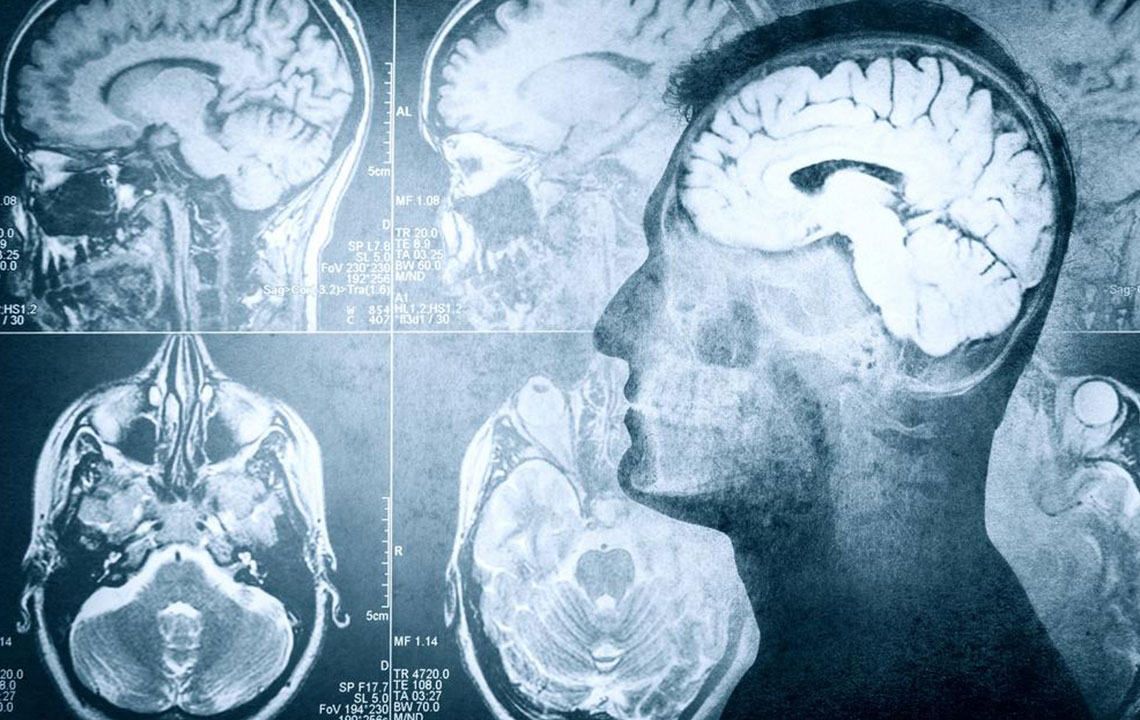Comprehensive Guide to Managing Epilepsy: Treatments, Strategies, and Lifestyle Tips
This comprehensive guide delves into effective epilepsy management strategies, including medication options, surgical interventions, lifestyle modifications, and ongoing care. It emphasizes personalized treatment plans, the importance of early diagnosis, and holistic approaches to improve quality of life for those living with epilepsy. The article covers current therapeutic advances and practical tips for avoiding seizure triggers, ensuring patients can navigate their condition with confidence and support.

Effective Management of Epilepsy: Approaches and Personalized Care
Epilepsy is a complex neurological condition that affects millions of people worldwide. It is characterized by unpredictable seizures resulting from abnormal electrical activity in the brain. These seizures can manifest in various ways, including convulsions, staring spells, or brief lapses in awareness. Causes of epilepsy are diverse, encompassing genetic predispositions, traumatic brain injuries, infections such as encephalitis, and other brain-related issues. Despite the shared pathology, each case of epilepsy is unique, necessitating personalized treatment plans tailored to the individual's specific condition and needs. Accurate diagnosis is a critical first step in managing epilepsy effectively, as it helps pinpoint the exact cause, seizure type, and best course of action.
The cornerstone of epilepsy management begins with understanding the root cause of the seizures. This enables healthcare providers to develop targeted treatment strategies. While there is currently no cure for epilepsy, significant progress has been made in controlling symptoms through medication and other therapeutic interventions. Approximately 80% of individuals with epilepsy can achieve good seizure control with proper treatment. Anti-epileptic drugs (AEDs) remain the primary treatment modality, with a wide array of options available. Common medications include Divalproex, Carbamazepine, and Phenytoin, which have been used for decades. Recently, newer medications like Gabapentin and Lamotrigine have gained popularity due to their improved side effect profiles and efficacy in certain seizure types.
The choice of medication depends on several factors including the patient's age, gender, overall health, co-existing medical conditions, and potential interactions with other drugs. Women with epilepsy face additional considerations, especially regarding pregnancy and hormonal fluctuations. Certain AEDs may affect fertility, fetal development, and bone health, thus requiring tailored treatment plans and close monitoring during pregnancy. The response to medication varies among individuals, making ongoing assessment and dosage adjustments essential for optimal seizure control and quality of life.
Beyond pharmacological treatments, various other therapeutic options can be explored. Dietary therapies such as the ketogenic diet, which is high in fats and low in carbohydrates, have proven effective particularly in children with drug-resistant epilepsy. Surgical interventions, including resective surgery, aim to remove the seizure-generating focus in the brain and can be highly effective for selected patients. Neurostimulation devices, like vagus nerve stimulators and responsive neurostimulation (RNS) systems, offer alternative solutions for intractable epilepsy by modulating brain activity to prevent seizures.
In addition to medical and surgical options, lifestyle modifications play a crucial role in reducing seizure frequency and severity. Patients are advised to avoid known triggers such as alcohol consumption, excessive stress, sleep deprivation, and overexertion. Maintaining a consistent sleep schedule, managing stress through relaxation techniques, and ensuring a nutritious diet are all vital in managing epilepsy effectively.
Constant vigilance and open communication with healthcare professionals are key to successful epilepsy management. Patients should be educated about recognizing early warning signs of seizures, side effects of medications, and the importance of adherence to prescribed treatment plans. Regular follow-up appointments and monitoring allow adjustments to be made as needed, adapting care to changing circumstances.
Living with epilepsy can be challenging, but with the right combination of medication, therapy, and lifestyle changes, many individuals lead active, fulfilling lives. Advances in research continue to improve understanding and treatment options, offering hope for even better management in the future. Empowering patients through education and support networks is also fundamental to enhancing their quality of life and reducing the social stigma often associated with epilepsy.





